Restoration of the Leidissoo peatland / Estonia
The Succow Foundation and PlanBe are pioneering international privately funded peatland restoration to meet climate change targets. Especially for peatland-rich countries like the Baltic States, which face hundreds of thousands of hectares of drained peatlands, such cooperation can be a model to support national emission reduction activities through private contributions. The Estonian State Forest Management Centre (RMK) is the largest contributor to conservation work in Estonia and, together with its partners, has restored more than 17,000 hectares of peatland and semi-natural habitats over the course of the last five years.
The Succow Foundation will support the measures implemented in Estonia with the experience gained from its own peatland sites in north-eastern Germany in order to use restoration practices that are as successful as possible. Such projects are important beacons for the expansion of peatland rewetting throughout Europe. Rewetting should not be limited to nature reserves, but measures are also needed to mitigate CO2 emissions from currently drained peatland sites used for agriculture, forestry and peat extraction. Therefore, solutions need to be developed and the policy framework adapted to enable implementation for land users and owners. Together with partners in the three Baltic countries, the Succow Foundation is pooling efforts to raise awareness and provide advice in the project Carbon sequestration by Baltic peatland farmers as part of the German government's European Climate Initiative (EUKI).
Restauration of the Leidissoo-peatland / Estonia
Location: Leidissoo /Estonia
Duration: 2026
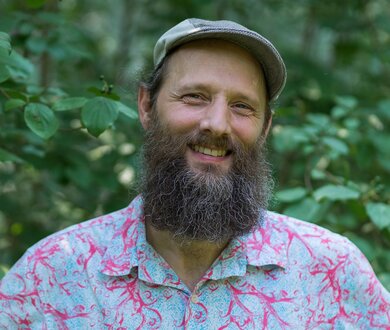
Andreas Haberl
Expertise: Peatland- and Landscape ecology
Tel +49 3834 83542 15
Baisogala: Restoration of peat bogs on intensively used agricultural land as a protection against climate change
At present, 251,395 hectares of peatlands are used for agricultural purposes in Lithuania. Up to 95% of them are affected by drainage. They have thus lost many of their functions for nature, the climate and human wellbeing. They can no longer store organic carbon in their peat deposits, neither purify or store water, nor provide space for biodiversity. However, the restoration of drained peat areas is now (2021) part of the European Green Deal policy and must therefore also be emphasized stronger in national legislation in order to achieve the goals of climate protection policy.
The restoration of peatlands from intensively used agricultural land in Lithuania is only just beginning. In order to create a good practical example of this, the Succow Foundation and local partners, with the support of Tamm GmbH, are restoring the hydrological regime in a drained peatland area of ​​6 hectares in the village of Kemerai near the town of Baisogala. While doing so, they combine the interests of nature conservation, science and land users.
The long-term drainage and intensive agricultural use as perennial meadow and pasture have seriously damaged this peatland area. According to preliminary calculations, the restoration of the hydrological conditions and a sustainable management of the Baisogala peatland will reduce greenhouse gas emissions from the previously drained peat soils by around 100 t CO2 equivalent per year. It will also reduce the amount of nitrogen compounds that get into the surrounding waters and thus lower eutrophication, which will have a positive impact on biodiversity. The restored Baisogala peatland is intended to serve as an example for developing a carbon certificate standard from rewetted and sustainably managed peatlands.
The Succow Foundation is restoring the partial area of the Baisogala peatland in Lithuania together with its partners Pelkių atkūrimo ir apsaugos fondas (Foundation for peatland restoration and conservation) and the LSMU Gyvulininkystės institutas (Institute for Animal Sciences of LSMU) with financial support of TammGmbH.
Baisogala: Restoration of peat bogs on intensively used agricultural land as a protection against climate change
Location: Baisogala, Lithuania
Durationt: 1/2021 - 3/2021
![[Translate to EN:] Jan Peters (Foto: Ph. Schroeder) [Translate to EN:] Jan Peters (Foto: Ph. Schroeder)](/fileadmin/_processed_/f/4/csm_Peters_Jan_2226807a57.jpg)
Jan Peters
Peatland policies, restoration, climate change, sustainable land use
Tel +49 3834 83542 17
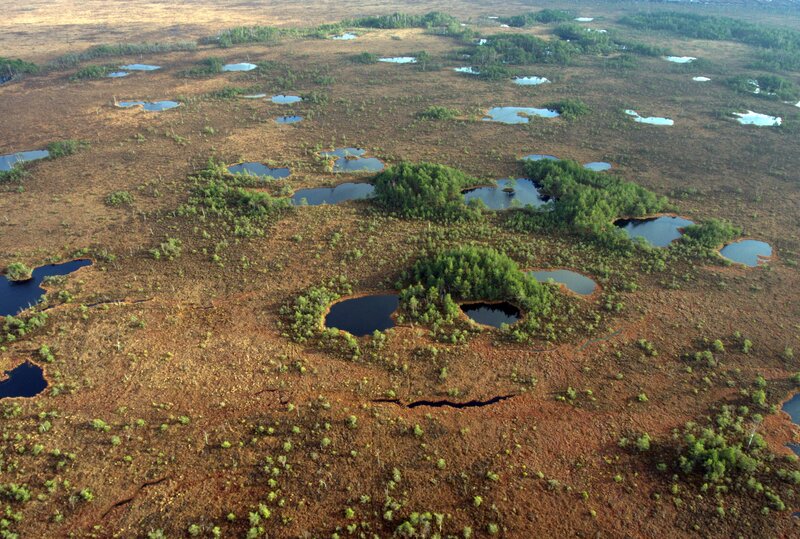
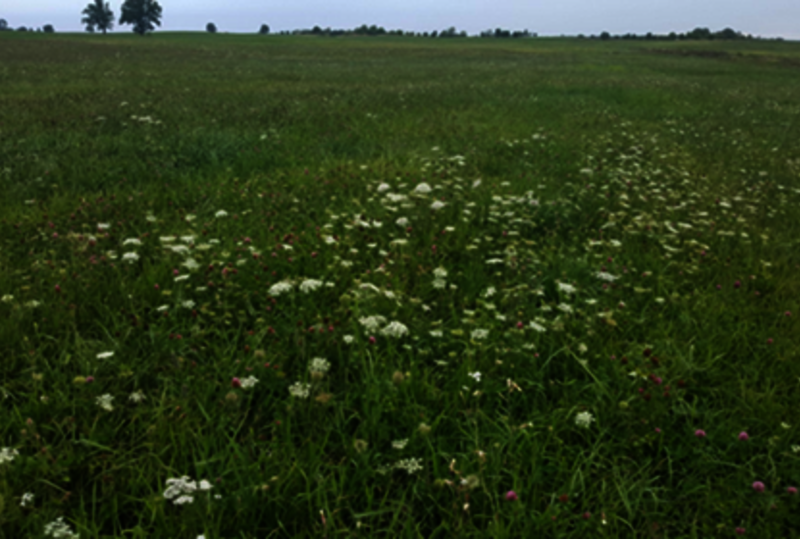
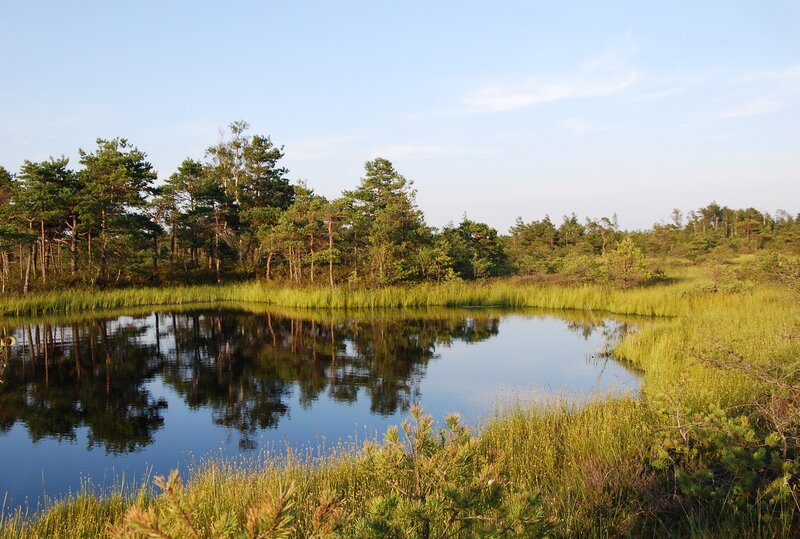
Peatland restoration and development of MoorFutures in Lithuania
In Lithuania there are approx. 650,000 hectares of peatland. Merely 28% of these are in a near-natural state but 470,000 hectares are drained. Rewetting is therefore a good opportunity for the country to save large amounts of CO2 for climate protection through a nature-based solution - rewetting. The Succow Foundation is therefore restoring a part of the Aukstumala peatland on the Curonian Lagoon south of Klaipeda. At the same time, it is developing a carbon certificate system for Lithuania analogous to the MoorFutures in Germany.
Massively drained and damaged throughout the past century, the mining of peatlands is still ongoing in the eastern part of the Aukstumala bog. An EU LIFE project was able to greatly improve the condition of the peatland on over 1,000 hectares in its western area but excluded an area of 53 hectares. With the support of the Stiftung Zukunft jetzt! and local partners, the Succow Foundation has taken on the restoration of this area. Transferring the concept of MoorFutures to Lithuania is intended to enable the upscaling of peatland rewetting on large areas in Lithuania.
The Succow Foundation is restoring the partial area of the Aukstumala peatland together with the Lithuanian partner Pelkių atkūrimo ir apsaugos fondas (Foundation for restoration and conservation of peatlands) and the MoorFutures Standard from Mecklenburg-Western Pomerania with financial support from Stiftung Zukunft jetzt!.
Rewetting, paludiculture pilot and development of a MoorFutures-standard
Location: Aukstumala, Lithuania
Duration: 2021
![[Translate to EN:] Aukstumala-Moor (Foto: M. Sandaras) [Translate to EN:] Aukstumala-Moor (Foto: M. Sandaras)](/fileadmin/Ablage/Projekte/Baltikum__Moorschutzprojekte/Aukstumala_RB_Marijus_Sandaras.jpg)
![[Translate to EN:] Jan Peters (Foto: Ph. Schroeder) [Translate to EN:] Jan Peters (Foto: Ph. Schroeder)](/fileadmin/_processed_/f/4/csm_Peters_Jan_2226807a57.jpg)
Jan Peters jan.peters[at]succow-stiftung.de
Peatland policies, restoration, climate change, sustainable land use
Tel +49 3834 83542 17
![[Translate to EN:] Aukstumala-Hochmoor (Foto: M. Sandaras) [Translate to EN:] Aukstumala-Hochmoor (Foto: M. Sandaras)](/fileadmin/_processed_/a/f/csm_Header_Aukstumala_RB_Marijus_Sandaras_343b32b0d6.jpg)
![[Translate to EN:] Logo Plan Be](/fileadmin/Ablage/Projekte/Baltikum__Moorschutzprojekte/plan_be.jpg)
![[Translate to EN:] Logo RMK [Translate to EN:] Logo RMK](/fileadmin/_processed_/2/9/csm_rmk_b3a5e70fc8.png)
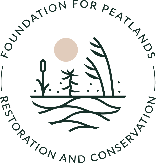
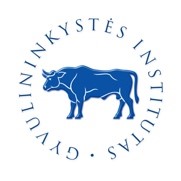
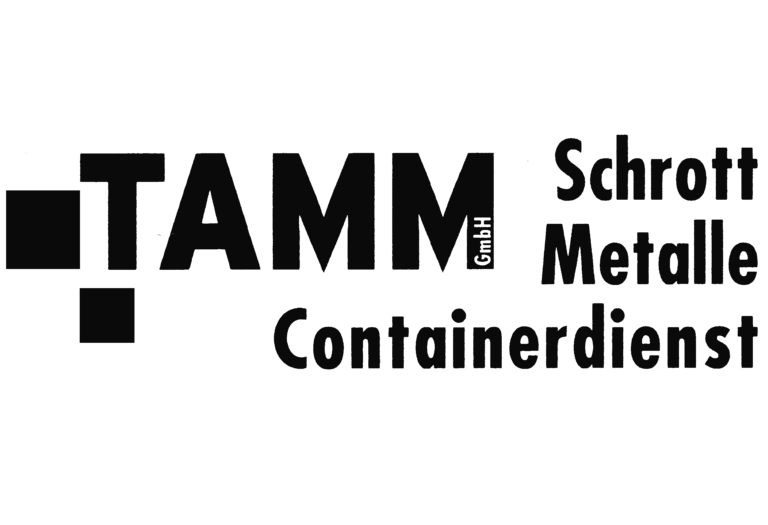
![[Translate to EN:] Logo der Stiftung Zukunft jetzt! Logo der Stiftung Zukunft Jetzt!](/fileadmin/Ablage/Logos/logo-szj-stacked-rgb_550px.png)
![[Translate to EN:] Logo MoorFutures](/fileadmin/Ablage/Logos/Logo_MoorFutures.jpg)